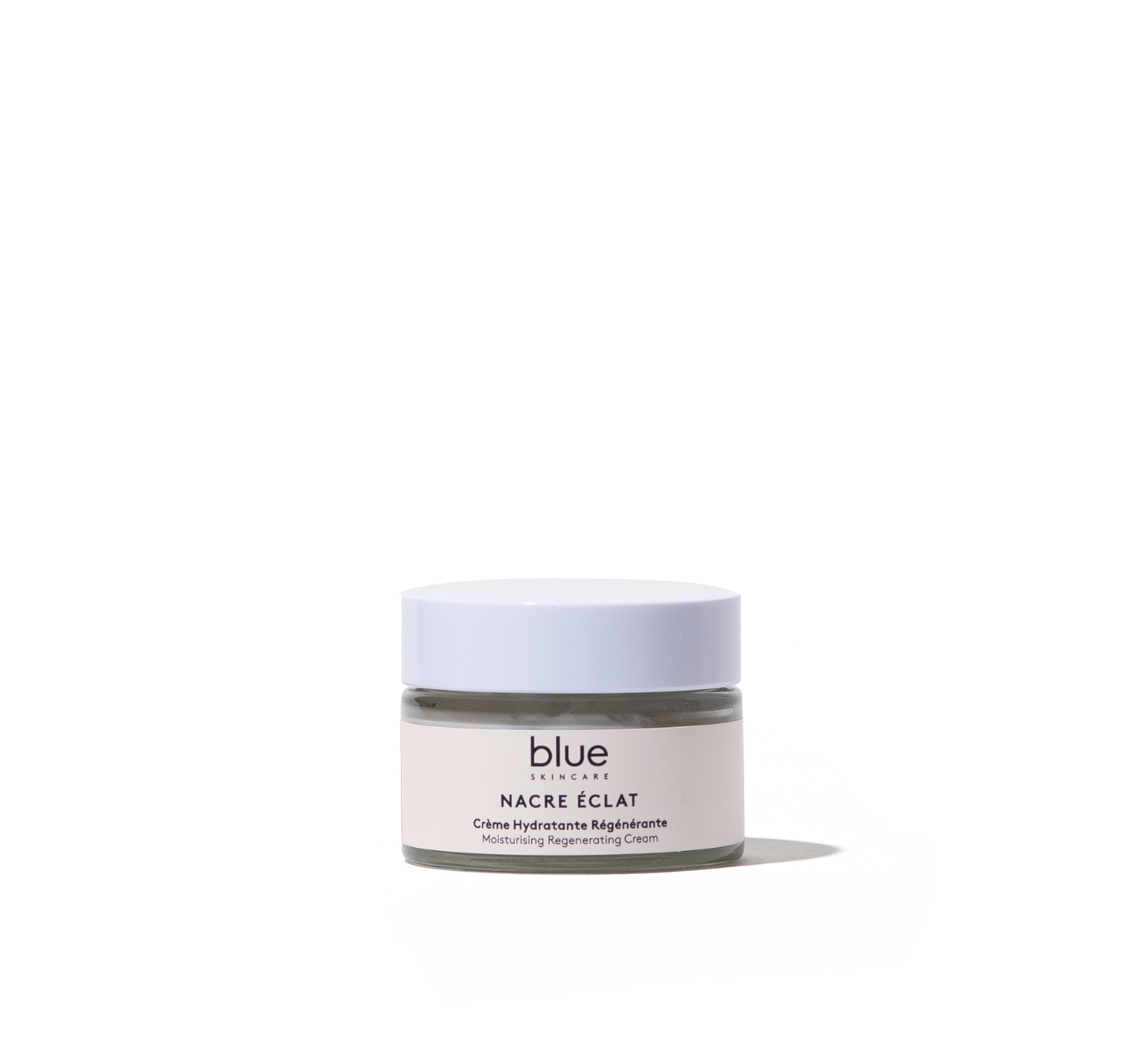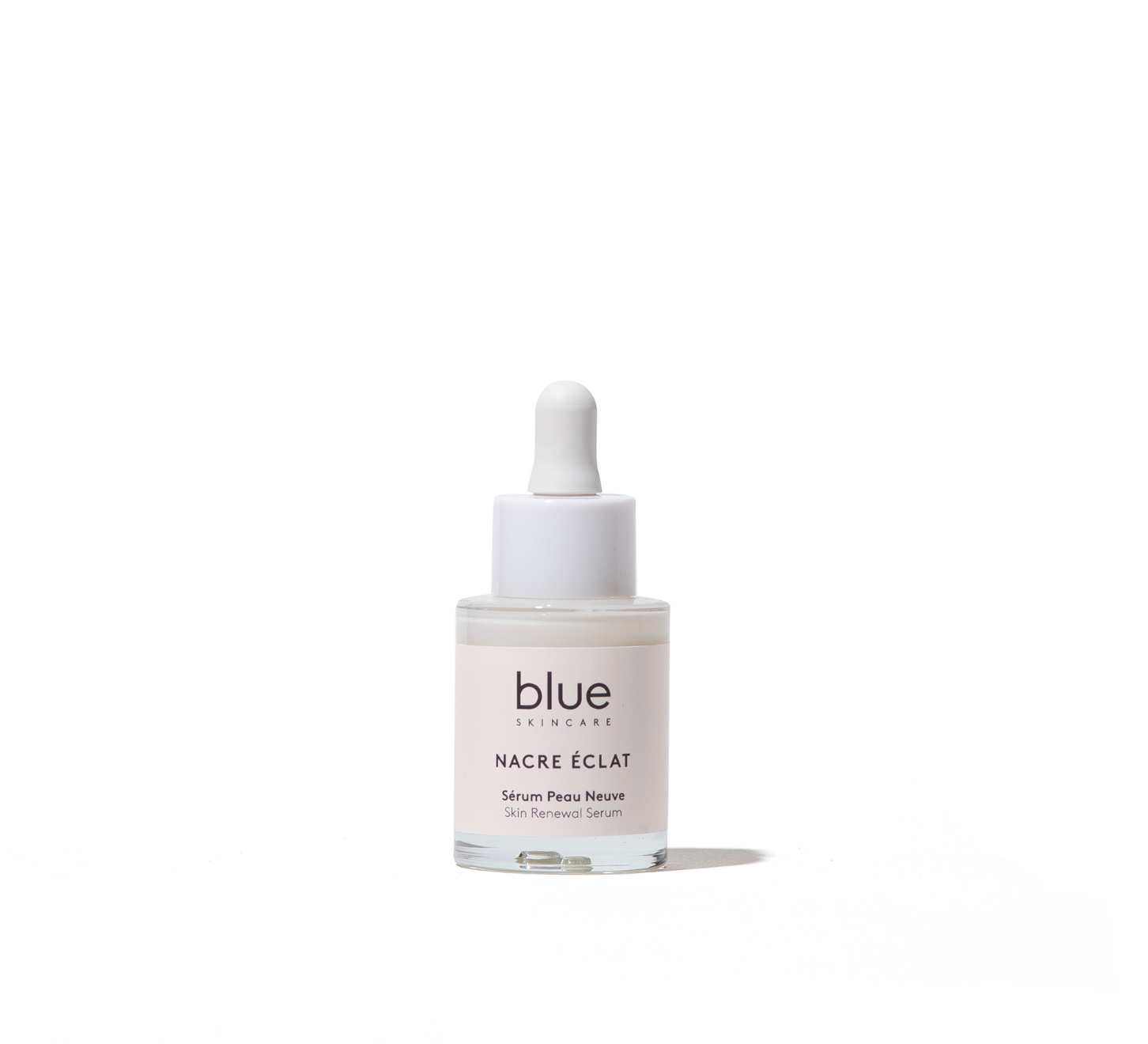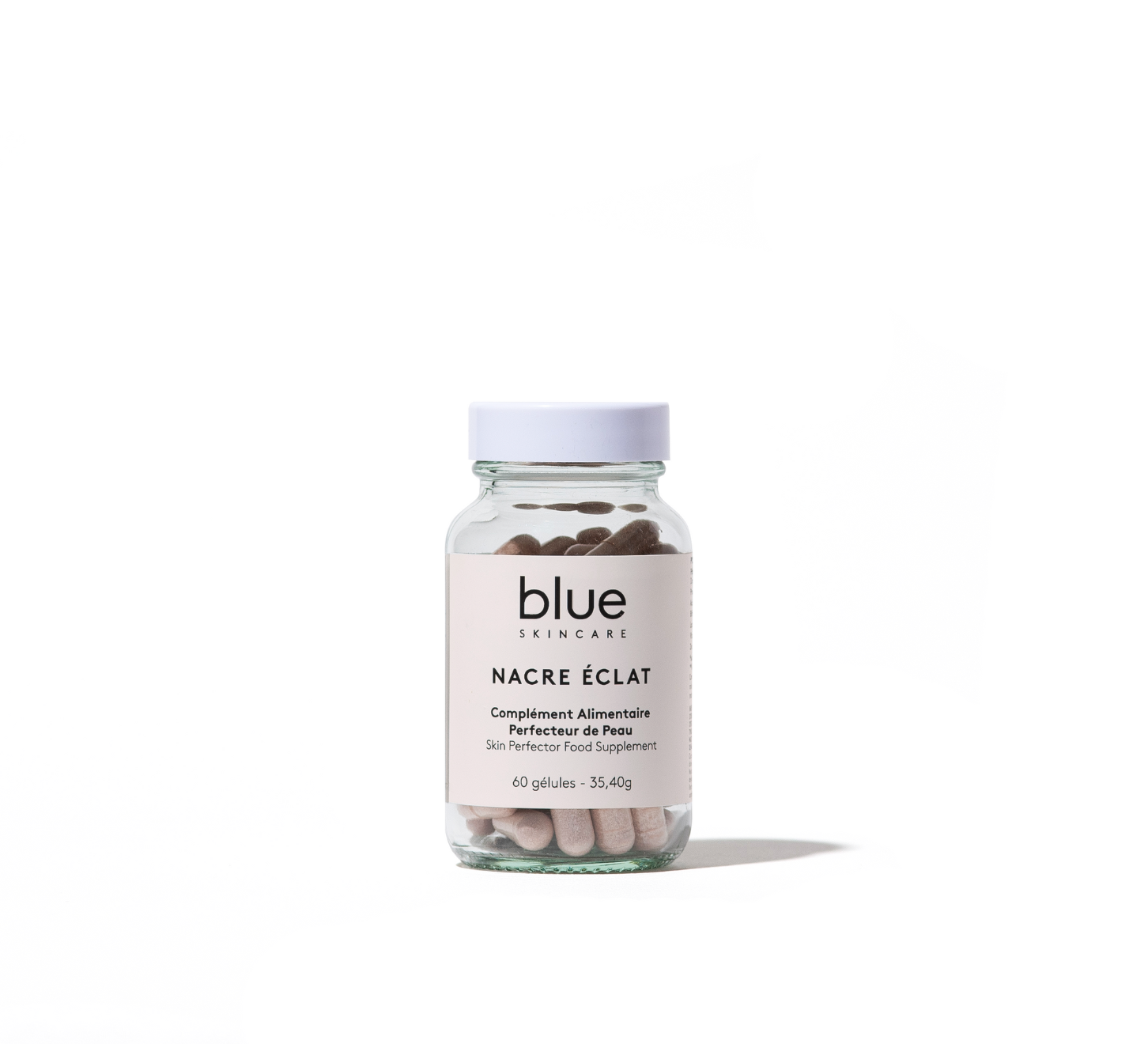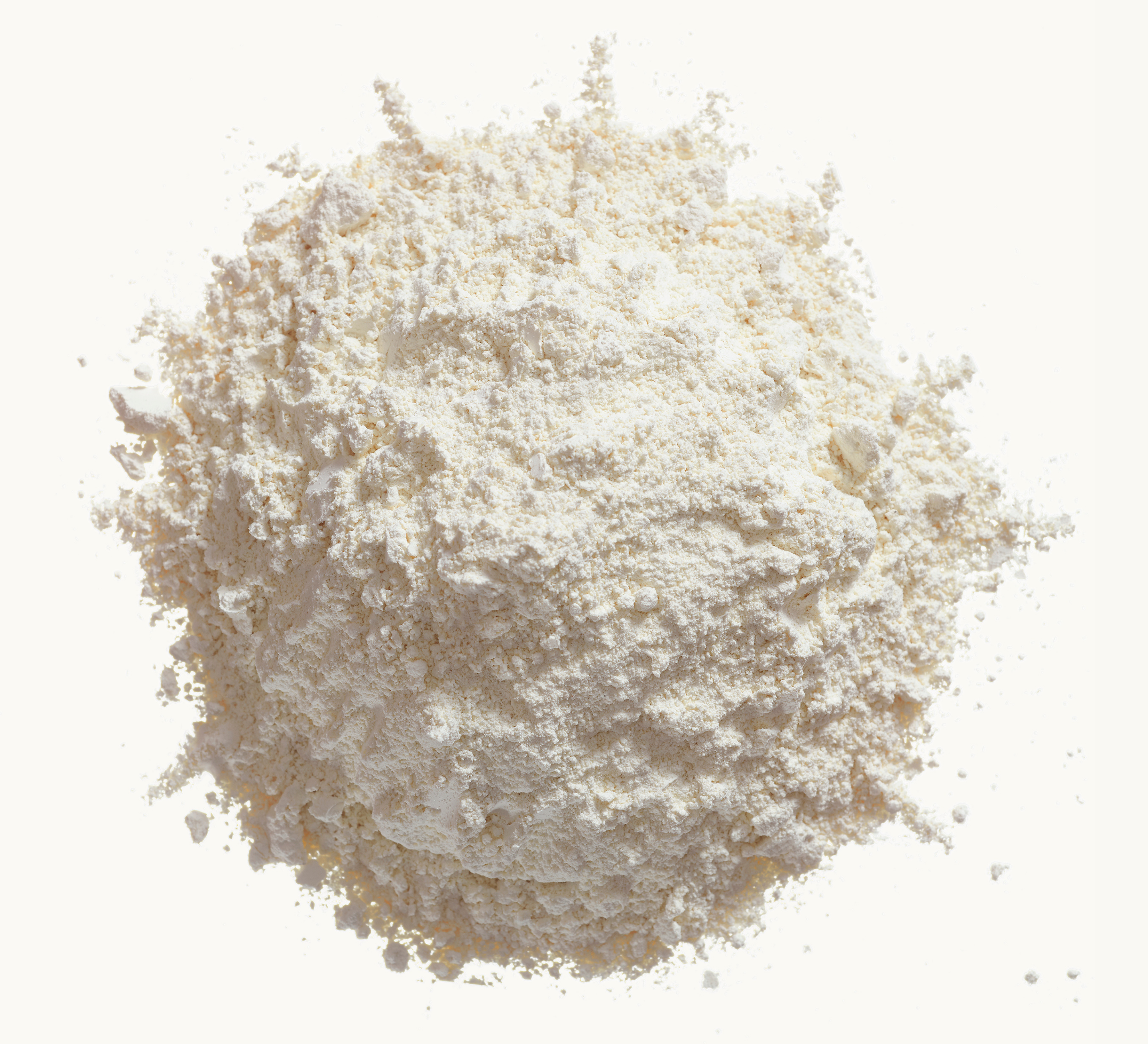Les éléments internes du psoriasis sur le corps et le cuir chevelu comprennent une forte prédisposition génétique, où les antécédents familiaux jouent un rôle crucial. De plus, le système immunitaire hyperactif déclenche une inflammation chronique de la peau, accélérant le renouvellement cellulaire.
Les changements hormonaux, tels que ceux survenant pendant la puberté ou la grossesse, peuvent également exacerber les manifestations. De plus, des éléments métaboliques, comme l'obésité et le diabète, sont liés à un risque accru de psoriasis.
Quels sont les facteurs internes du psoriasis ?
Le psoriasis présente une forte composante héréditaire, augmentant le risque pour ceux dont les membres de la famille sont touchés. Les gènes jouent un rôle crucial dans la prédisposition à cette maladie. Suite à cette prédisposition, le système immunitaire hyperactif, typique du psoriasis, provoque une inflammation persistante de la peau.
Cette réponse immunitaire anormale entraîne une prolifération excessive des cellules, conduisant à la formation de plaques cutanées épaisses. Les changements hormonaux, tels que ceux observés pendant la puberté, la grossesse ou la ménopause, peuvent également affecter l'apparition ou l'aggravation des symptômes chez certaines personnes. De plus, des facteurs métaboliques comme l'obésité et le syndrome métabolique ont été associés à un risque accru de développer un psoriasis ou à une sévérité accrue des symptômes chez les personnes déjà atteintes.
La forte composante héréditaire du psoriasis
Le psoriasis est marqué par une forte composante génétique, ce qui signifie que les individus ayant des antécédents familiaux de cette maladie sont plus susceptibles de la développer. Les recherches montrent que si un parent est atteint de psoriasis, le risque pour l'enfant d'en souffrir augmente considérablement, et ce risque double si les deux parents sont affectés.
Les scientifiques ont identifié plusieurs gènes associés à la prédisposition au psoriasis, qui influencent la manière dont le système immunitaire réagit aux agresseurs externes, souvent de manière excessive, conduisant aux symptômes caractéristiques de la maladie. Cette prédisposition génétique souligne l'importance d'un dépistage précoce et d'une surveillance régulière chez les personnes à risque.
L'importance du système immunitaire dans le développement du psoriasis
Le psoriasis est principalement considéré comme une maladie auto-immune, ce qui signifie que le système immunitaire joue un rôle crucial dans son développement. Normalement destiné à protéger l'organisme contre les infections et les maladies, le système de défense de l'organisme des personnes atteintes de psoriasis attaque par erreur les cellules de la peau, accélérant leur croissance.
Ce processus conduit à l'inflammation chronique et à la formation de plaques épaisses et squameuses. Les cytokines, des protéines de signalisation du système immunitaire, sont particulièrement actives dans le psoriasis, exacerbant l'inflammation et les manifestations cutanées.
Comprendre ces mécanismes de défense aide à cibler les traitements pour réduire l'activité de la maladie et améliorer les signes cliniques.
Les changements hormonaux peuvent influencer le psoriasis
Les fluctuations hormonales sont connues pour influencer le psoriasis, exacerbant ou atténuant les manifestations selon les cas. Par exemple, de nombreux patients rapportent une aggravation de leurs manifestations durant la puberté, la grossesse, ou la ménopause.
Ces périodes de changement hormonal intense peuvent déclencher de nouvelles poussées ou intensifier les lésions existantes. Les hormones, telles que les œstrogènes et la testostérone, semblent jouer des rôles complexes, parfois protecteurs, parfois provocateurs, dans la pathologie du psoriasis.
La recherche continue de dévoiler comment ces hormones interagissent avec les voies immunitaires pour influencer la sévérité et la fréquence des poussées de la maladie.
Les facteurs métaboliques ont un impact sur le psoriasis
Le psoriasis est souvent associé à des conditions métaboliques, telles que l'obésité et le diabète, qui peuvent aggraver la condition de la peau. Les patients atteints de psoriasis ont un risque accru de développer des troubles métaboliques, en partie à cause de l'inflammation systémique liée à leur maladie.
Les tissus adipeux, en particulier chez les individus en surpoids, peuvent produire des substances inflammatoires qui exacerbent les manifestations du psoriasis. Par conséquent, la gestion du poids et le contrôle des facteurs métaboliques peuvent jouer un rôle crucial dans le contrôle des manifestations du psoriasis et dans la réduction du risque de complications associées à la maladie.
Il existe plusieurs types de psoriasis responsable de diverses affections de la peau pouvant toucher plusieurs partie du corps et de la peau.
Quels sont les facteurs externes du psoriasis ?
En plus des facteurs internes, plusieurs facteurs externes peuvent déclencher ou aggraver les manifestations du psoriasis. Le phénomène de Koebner, par exemple, démontre que les lésions cutanées sous forme d'éraflures, de coupures ou de coups de soleil peuvent provoquer l'apparition de psoriasis dans les zones affectées.
De plus, la consommation excessive de tabac et d'alcool est souvent associée à une aggravation des manifestations chez de nombreuses personnes atteintes de cette maladie.
Les infections bactériennes, virales ou fongiques peuvent également déclencher des poussées de psoriasis, notamment chez les personnes déjà prédisposées à la maladie. Le stress émotionnel et les tensions mentales peuvent également aggraver les manifestations ou déclencher des poussées dans certains cas.
En outre, certains médicaments, comme les bêta-bloquants, les inhibiteurs de l'enzyme de conversion de l'angiotensine (IECA) et les anti-inflammatoires non stéroïdiens (AINS), peuvent aggraver les manifestations chez certaines personnes.
Il est important de noter que les facteurs déclenchants et les réponses au psoriasis peuvent varier considérablement d'une personne à l'autre, nécessitant souvent une approche individualisée pour gérer efficacement la maladie à chaque niveau.
Qu'est-ce que le phénomène de Koebner sur le psoriasis ?
Le phénomène de Koebner est une réaction observée chez certains patients atteints de psoriasis, où de nouvelles lésions apparaissent sur des zones de peau précédemment saines suite à une blessure ou une irritation. Ce phénomène peut être déclenché par des coupures, des écorchures, des piqûres d'insectes, ou même des brûlures.
Il illustre la sensibilité de la peau chez les individus atteints, où même de légères agressions physiques peuvent induire une poussée.
La reconnaissance de ce phénomène est cruciale pour la gestion du psoriasis, car elle souligne l'importance d'éviter les traumatismes cutanés pour réduire l'apparition de nouvelles plaques.
La consommation excessive du tabac et de l'alcool
La consommation excessive de tabac et d'alcool est reconnue pour ses effets néfastes sur la santé générale, mais elle peut également exacerber les manifestations du psoriasis.
La nicotine et d'autres composés du tabac peuvent stimuler l'inflammation, tandis que l'alcool peut altérer l'efficacité des traitements et aggraver l'inflammation.
Les personnes atteintes de psoriasis constatent souvent une augmentation des lésions avec une consommation régulière de ces substances. Réduire ou éliminer le tabac et l'alcool peut donc aider à contrôler les manifestations de la maladie et améliorer l'efficacité des traitements.
En quoi les infections peuvent déclencher le psoriasis ?
Les infections, particulièrement celles causées par des bactéries streptococciques, sont des facteurs connus pour déclencher le psoriasis, en particulier le type en gouttes.
Ces infections peuvent activer le système immunitaire d'une manière qui affecte la peau, provoquant une réaction inflammatoire qui se manifeste par des plaques ou des lésions.
Le traitement rapide des infections, particulièrement chez les individus prédisposés ou déjà atteints de psoriasis, est crucial pour prévenir ou minimiser ces réactions.
L'impact du stress émotionnel et mental
Lien interne : psoriasis de stress → ancre : psoriasis de stress
Le stress émotionnel et mental peut avoir un impact profond sur l'évolution du psoriasis. Les périodes de stress intense peuvent souvent précéder ou aggraver les poussées de la maladie. Le mécanisme sous-jacent implique la libération d'hormones de stress comme le cortisol, qui peut interférer avec diverses fonctions inflammatoires de l'organisme. Une gestion efficace du stress, par des techniques telles que la méditation, l'exercice physique, et le conseil psychologique, peut donc être bénéfique pour les personnes atteintes de psoriasis, aidant à réduire la fréquence et la gravité des poussées.
Certains médicaments peuvent aggraver le psoriasis
Lien interne : comment soigner le psoriasis ? → soigner le psoriasis
Certains médicaments, notamment les bêta-bloquants, les médicaments anti-inflammatoires non stéroïdiens (AINS) et certains médicaments contre l'hypertension, peuvent aggraver le psoriasis. Ces substances peuvent interférer avec les voies immunitaires et inflammatoires, exacerbant les lésions existantes ou déclenchant de nouvelles poussées. Il est important pour les patients atteints de psoriasis de discuter de leur condition avec leur médecin, afin d'ajuster les prescriptions et de minimiser l'impact négatif potentiel des médicaments sur leur maladie.
FAQ : causes du psoriasis
Comment le psoriasis est-il diagnostiqué ?
Le psoriasis est diagnostiqué par un dermatologue qui examine les lésions cutanées caractéristiques, souvent rouges et squameuses, présentes sur des zones comme le cuir chevelu. Une biopsie cutanée peut être effectuée pour confirmer le diagnostic psoriasique en excluant d'autres affections. Les antécédents médicaux et les symptômes du patient sont également pris en compte.
Comment les personnes atteintes de psoriasis peuvent-elles prendre soin de leur peau au quotidien ?
Les personnes atteintes de psoriasis peuvent prendre soin de leur peau quotidiennement en suivant quelques étapes essentielles. Tout d'abord, il est important d'utiliser des crèmes pour le psoriasis pour éviter la sécheresse et réduire l'inflammation. Suivre le traitement prescrit par leur médecin est crucial, qu'il s'agisse de crèmes, de médicaments oraux ou de thérapies biologiques. Environ 90 % des patients voient une amélioration avec un traitement adéquat. Une routine de soins régulière et conforme aux recommandations médicales est indispensable pour améliorer la qualité de vie et gérer cette maladie inflammatoire.




























